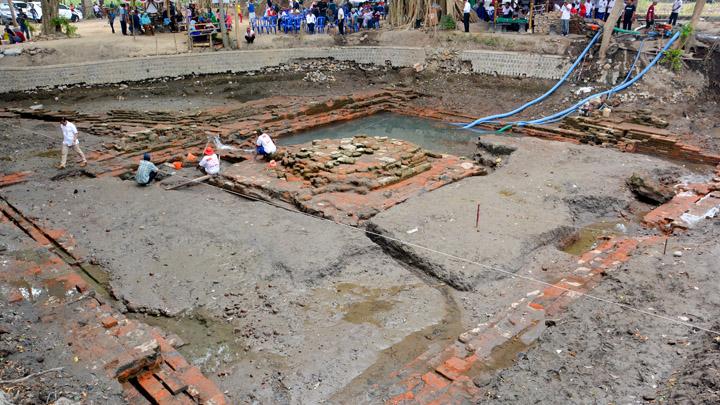
TEMPO.CO, Jakarta - Yohana Loru Kaka is no longer an ordinary villager. When Tempo English met her last year, she was already heading the Village Governance Institute (LPM). "I've been invited to a development planning meeting for our subdistrict tomorrow," said the 61-year-old farmer. "I intend to propose asphalting the roads and supplying villages with electricity."
Originally from Mainda Ole village in Southwest Sumba, East Nusa Tenggara, she never imagined she would one day take part in village affairs. "I was a farmer," she said. "My job was only to take care of my husband, home, children, and our field."
One day, she was introduced to Wilhelmina Mali Dappa, Southwest Sumba's branch secretary of the Indonesian Women's Coalition (KPI). "I was asked to join the KPI," she explained. Mama Mina, as Wilhelmina Dappa is called, taught Yohana not only the values of women's rights and equality within family and society, but also the practical aspects of improving the living standards of families. Yohana was often asked to participate in capacity-building training for women. "I learned so much there," she said.
Yohana is not the only woman from Southwest Sumba who has undergone transformation. Maria Wolla (35) from East Wewewa now regularly attends her village's development planning meetings. "Women began to join development meetings only recently," she said, last year, when we met her at her office at the Ole Dewa Women's Multipurpose Business Cooperative, along with Mama Yohana, Mama Mina and several other women activists in Wee Kokora village.
Maria, who also actively participates in the women farmers' group in her village, said at the meeting that she proposed the procurement of agricultural equipment using village funds. "But the request hasn't been granted. We only just discussed it."
As with Yohana, Maria was also trained by Mama Mina and others from the KPI. Using every opportunity, Mama Mina has consistently made efforts to alter her community's patriarchal mindset and attitude. Women were not often involved in decision-making at the village level.
Intense training is sometimes carried out in formal fora, but it is more frequently carried out when people are relaxing—while sitting outside during lunch break, for example. Using a low-key approach Mama Mina casually invites women to talk about the importance of engaging in discussions and expressing their opinions well. "This is important to ensure that our right to deliberate and express our opinions as villagers will always be upheld," said Mama Mina two weeks ago.
Today, there are more and more women like Mama Yohana and Mama Maria who are active in the public arena and voice their aspirations very openly. "In the past women were taken lightly, but that's no longer the case," Mama Mina stressed. "We have changed for the better."
Mama Mina herself has changed tremendously. Before getting involved with the KPI, she would always tremble in fear every time she had to speak in public. "But now I'm actually happy whenever I'm asked to speak anywhere," said the woman named by the women's empowerment ministry as the 2015 Woman Development Pioneer.
In the past, she was more familiar with hoes and machetes, and pots and pans, but now Mama Mina is an expert computer user with email and social media at her fingertips, not to mention books on law and agriculture.
Mama Mina has long felt concern for the fate of women in her region's patriarchal communities. In 2004, she established a women farmers' group, Ora et Labora. She also founded and headed the Ole Dewa Women's Multipurpose Business Cooperative, which only had 15 initial members.
Because of these initiatives, Mama Mina had the opportunity to participate in various local agricultural training sessions held in the subdistrict. She shared the new knowledge with members of her group. (*)
Read more inspiring Outreach stories in Tempo English Weekly News Magazine























